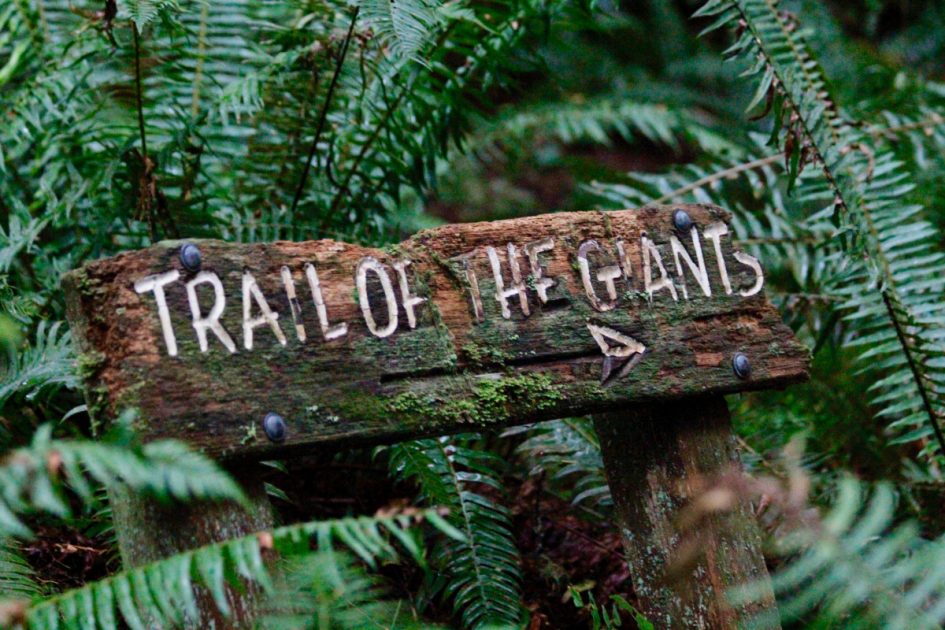December 6 from 9 – 11 AM PT for Phytoplankton and Primary Production
Explore the role of nutrients in phytoplankton and primary production with insights from the research of Dr. Sophia Johannesen with Fisheries and Oceans Canada and Dr. Maycira Costa with the University of Victoria that use sediment cores, satellites, and water column monitoring. Then discuss opportunities for coupled monitoring and modeling to address gaps in the science of primary production. This includes some of the questions regarding inter-annual changes in seasonality and community structure in phytoplankton productivity, including the role of salinity gradient changes with climate change drivers.
Scientific workshops
We are facilitating scientific workshops for utilities, environmental community-based organizations, scientists, agencies, and the Tribes to explore and address some of the technical uncertainties related to nutrient management and water quality. These workshops build on previous discussions such as Ecology’s Nutrient Forum and on the uncertainties in the forthcoming Marine Water Quality Implementation Strategy to dig deeper into identified challenges such as the interannual variability of ocean influences on the Salish Sea.
We are collaborating with regional experts to refine additional workshops later this year on specific technical uncertainties. We appreciate how generous numerous monitoring experts, modelers, managers, and researchers have been with their time as we collaborate on designing the workshops. Good science benefits from robust discussion and a range of perspectives, so we look forward to engaging with more experts and are happy to connect individually. Starting in September, we plan to dig into some technical uncertainties further, outlined in the accordions below.
If you have ideas on how our region can start to address these technical uncertainties, we’d love to connect! Please also feel free to share relevant papers, monitoring data, or experts that you think would be helpful. In particular, we recognize we need to more effectively engage and build relationships with environmental community-based organizations, Tribes, as well as scientists in British Columbia.
Email Stefano (mazzilli@uw.edu) and Marielle (marlars@uw.edu).

